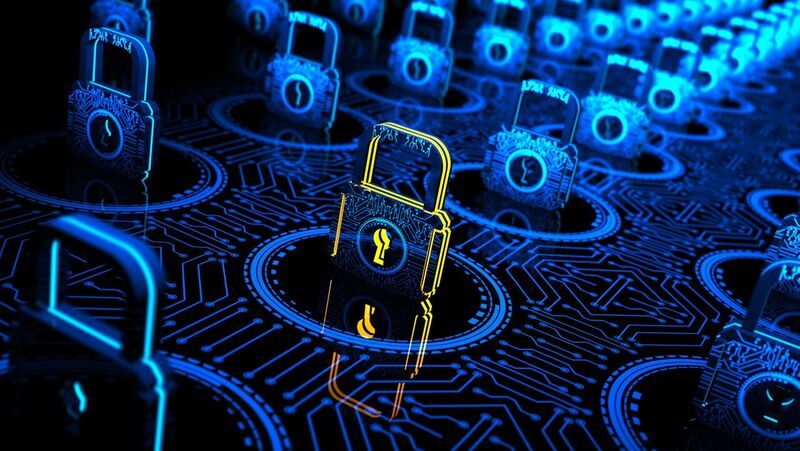
Even as AI is increasingly being incorporated into healthcare systems around the world, it should also be enlisted to help develop the security systems that are needed to protect rapidly growing stockpiles of digital data.
That’s according to Dr. Liqaa Nawaf, senior lecturer in computing and information systems at the UK’s Cardiff Metropolitan University.
In a recent commentary at Infosecurity Magazine, Nawaf argues that while the proliferation of digital devices in all walks of life is facilitating the collection of all types of data, that so-called Internet of Things (IoT) is also growing increasingly vulnerable to cyber-threats.
“The cyber risk for businesses that design, manufacture, service or use IoT products is growing,” she says, “creating a crucial climate for privacy and online security amid great concern from the perspective of the end-users of the IoT.”
The fact is, she explains, “IoT and mobile networks that depend on collecting and analyzing tremendous amounts of data are expanding and becoming more fascinating. Over time, even more data will be collected, stored and shared across devices and platforms.”
The downside, however, is that “(w)ithout taking proper security measures, every piece of data we generate, whether purposely or passively, will be open to identity theft, financial gain, and possibly even damage to human health.”
As she sees the emerging dilemma, the rapidly “variety of data will have to be supervised and directed by regulatory, privacy and security constraints. Otherwise, technologies such as the IoT will be at risk due to the vulnerabilities of the implementation and design of IoT structures.”
The solution? Use AI to develop and implement a technical model that will, among other things, support the social and healthcare sectors with highly sophisticated technology.
“With well-designed safeguards, IoT could provide better health care services and improve social and clinical decisions. In this field, IoT can function well by proposing standalone devices and application for the diagnosis of many diseases and use AI to predict their future course. Therefore, the protection of security will continue to be critical for those who use and store data.
This is an opportunity for IoT developers, especially those who may have been working on software projects, to get involved in the evolution of AI.”
Moreover, she says, there “should also be a research focus on developing techniques and algorithms to improve the performance and efficiency of IoT security and develop metaheuristic algorithms to select and configure IoT research.”
Such research, she says, “will ensure that the latest developments in Artificial Intelligence will be within our grasp.”


